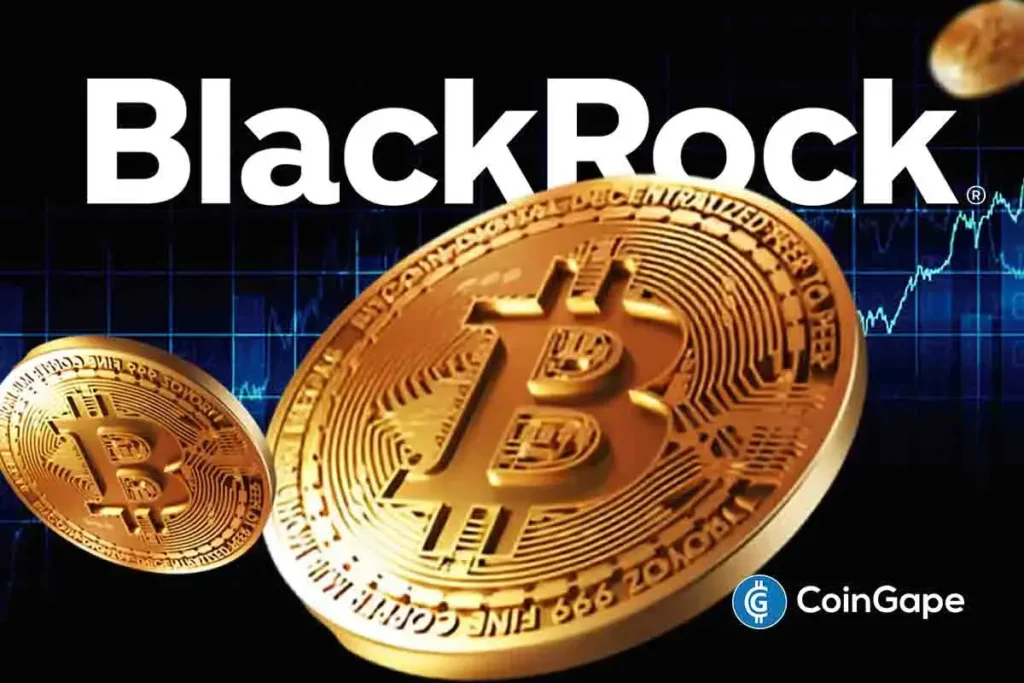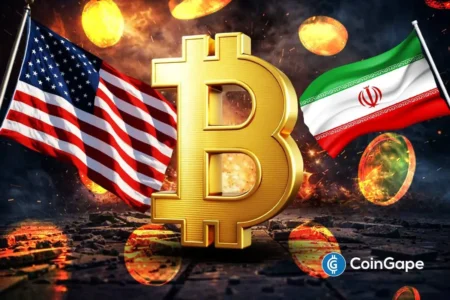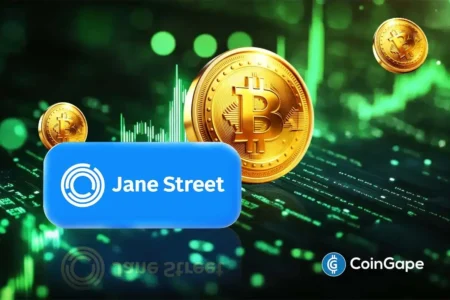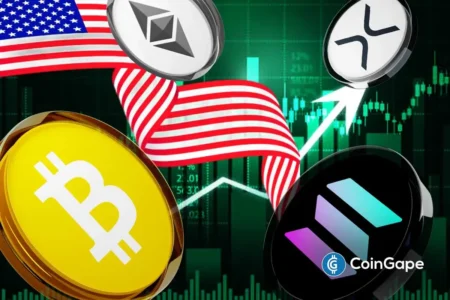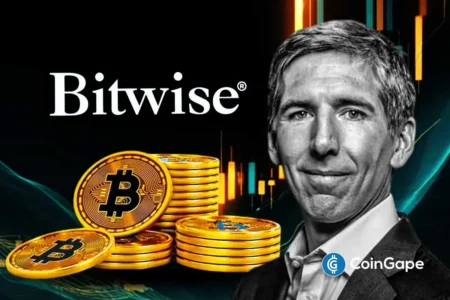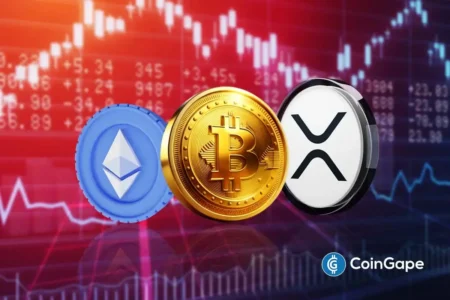BlackRock’s Move Towards Tokenizing ETFs: A Game-Changer in the Financial World
BlackRock, the largest asset manager globally, is making waves in the financial industry by planning to tokenize exchange-traded funds (ETFs) on the blockchain. This ambitious initiative follows the firm’s success with its iShares Bitcoin ETF (IBIT), which has significantly strengthened its foothold in the emerging crypto landscape. By adapting its investment strategies, BlackRock is not just pioneering innovations in finance but is also reshaping how traditional asset management engages with blockchain technology.
Tokenization of ETFs and Real-World Assets
According to a Bloomberg report, BlackRock is actively exploring the tokenization of ETFs to make them accessible on-chain. This initiative aims to link digital assets with real-world assets (RWAs), including commodities and stocks. Tokenization offers a way to enhance liquidity and accessibility, allowing for a more diverse investment portfolio. By tapping into this burgeoning trend, BlackRock stands poised to revolutionize traditional investment methods and broaden the market for retail and institutional investors alike.
The Success of iShares Bitcoin ETF
The iShares Bitcoin ETF (IBIT) has been a landmark achievement for BlackRock, establishing it as the largest Bitcoin fund available. This success is a pivotal reason why the asset manager is now keen on tokenization. The firm has already launched the BlackRock USD Institutional Digital Liquidity Fund (BUIDL), a tokenized money market fund boasting a market capitalization of over $2 billion. The positive reception of these initiatives reflects growing investor interest in tokenized finance, a trend that is hard to ignore.
Wall Street’s Growing Interest in Tokenization
BlackRock’s venture into tokenization comes at a time when Wall Street is increasingly recognizing the potential of blockchain technology. For instance, Galaxy Digital recently became the first Nasdaq-listed company to tokenize its common stock. Furthermore, Nasdaq has filed with the SEC to receive approval for trading tokenized stocks on its platform. This kind of transformative change demonstrates a collective move among major financial firms to embrace blockchain technology, signaling that tokenization is poised for widespread adoption.
Regulatory Support from the SEC
The U.S. Securities and Exchange Commission (SEC) appears to be supportive of the push toward tokenization. The agency has initiated ‘Project Crypto,’ aiming to facilitate on-chain trading in U.S. markets. Collaborating with the Commodity Futures Trading Commission (CFTC), the SEC is also looking into options for allowing 24/7 trading, akin to the operations of the cryptocurrency market. This regulatory interest is instrumental in encouraging traditional firms like BlackRock to innovate and integrate blockchain solutions.
Larry Fink: Champion of Tokenization
Larry Fink, the CEO of BlackRock, has been vocal about the benefits of tokenization. Earlier this year, he urged the SEC to approve the tokenization of bonds and stocks as a means to reduce costs for institutional investors. Fink believes that the shift toward tokenization would simplify investment processes, making them more accessible and affordable. His advocacy reflects a growing recognition among industry leaders of the advantages that blockchain technology can offer in enhancing market efficiency.
Conclusion: A New Era for Asset Management
BlackRock’s initiative to tokenize ETFs signifies a critical moment in the convergence of traditional finance and blockchain technology. As the firm explores the potential of on-chain investment solutions, the implications for investors, market structures, and regulatory frameworks are vast. The move could well redefine asset management, making it more efficient, transparent, and inclusive. As interest in tokenization grows, institutions that embrace these innovations will likely lead the way in shaping the future of finance.


![Solana [SOL] Hits Range Highs as Market Panic Overwhelms Capital Inflows](https://icoinmarket.com/wp-content/uploads/2026/03/Solana-Featured-3-1000x600.webp-300x180.webp)


